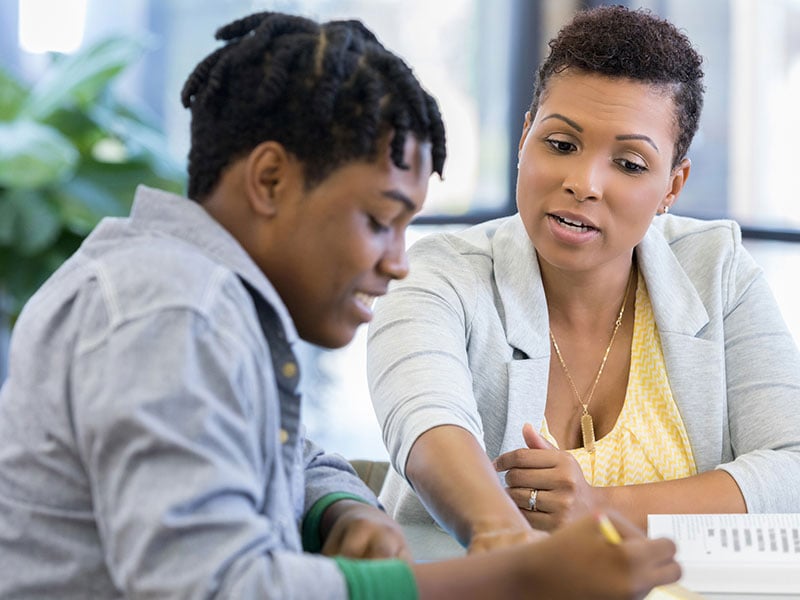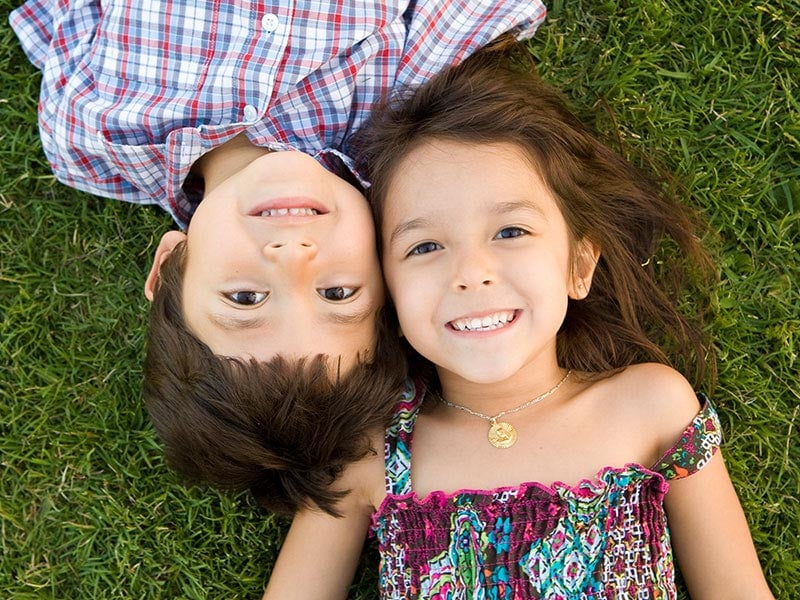Different traumas, similar impacts and risks
By: Elizabeth Ciesar October 04, 2021

Domestic violence (also referred to as intimate partner violence, dating abuse, or relationship abuse) includes behaviors that physically harm, intimidate, manipulate or control a partner, or otherwise force them to behave in ways they don’t want to, including through physical violence, threats, emotional abuse, or financial control. It can happen in relationships and families of any race, gender, sexuality, religion, education level, or economic status.
Exposure to domestic violence can have harmful effects on the health, safety, and well-being of children. Children and youth who are exposed to domestic violence experience emotional, mental, and social damage that can affect their developmental growth. We also know that in families where domestic violence has occurred, there is an increased risk for a child to become a direct victim of other forms of child abuse, particularly child physical abuse.
Children who experience domestic violence are often too afraid to talk about what is happening or too young to describe their experiences. They may hear one parent threaten or demean the other or see a parent who is angry or afraid. They may see or hear one parent physically hurt the other and cause injuries or destroy property. Children may live with the fear that something will happen again. They may even be the targets of abuse.
Children and parents living with domestic violence seek support in different ways. They may turn to their extended families or friends, their faith communities, or their cultural traditions to find connection, stability, and hope. Children may find their own coping strategies and some do not show obvious signs of stress. Others struggle with problems at home, at school, and in the community.
Most children who live with domestic violence can recover and heal from their experiences. One of the most important factors that help children do well after experiencing domestic violence is a strong relationship with a caring, nonviolent caregiver. As a caring adult, YOU can promote children’s recovery by:
- Building calm and stable environments and taking steps to increase safety in the family.
- Being a role model and helping children develop relationships with other supportive adults.
- Encouraging them in school and helping them find other activities that make them feel happy and proud.
Read More: 18 Ways to support children who witness domestic violence


